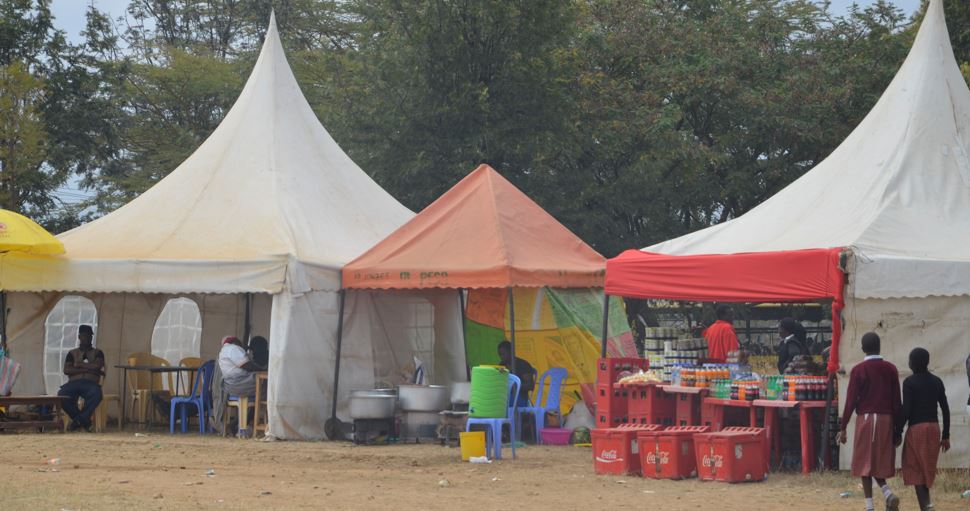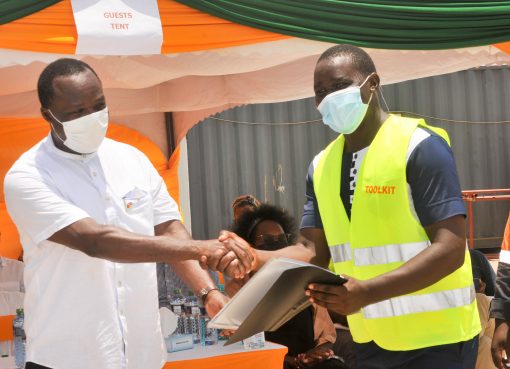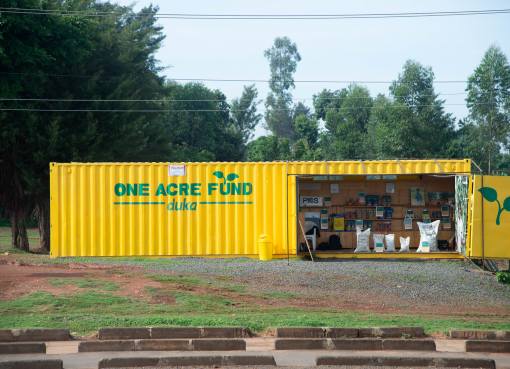The annual music festivals held at Maasai Mara University in Narok County have become a beacon of economic growth for the local traders, who reap more profits as the event provides them with a good platform to market their products and services.
Traders from not only Narok County but also neighbouring counties in the Rift Valley region have reported significant profits after participating in the vibrant event.
The event attracts participants and visitors from various parts of the country, making it an ideal opportunity for traders to expand their customer base and generate substantial profits.
During the festivals, the university campus transforms into a bustling marketplace, with stalls and booths set up to display a wide range of products and services.
One of the traders, Ibrahim Sankale, a professional photographer, expressed his excitement over the festivals and said they had been a game-changer for him and his fellow traders.
“We eagerly look forward to this event every year, as it allows us to showcase our businesses. The demand for our products during the festival is unmatched, and we see a substantial increase in sales, which has a positive impact on our livelihoods”, Sankale added.
Traders offering food and beverages have also witnessed a surge in demand as visitors cherish the chance to taste local delicacies.
Geoffrey Kireu, a food vendor, shared his success story and said music festivals have been a fantastic opportunity for his business. The clientele during the festivals, he added, was immense, and people love to try different foods.
“My team and I work tirelessly to meet the demand, and it is truly rewarding to see customers enjoying our food,” Kireu commented.
The positive impact of the music festivals has not been limited to Narok County alone. Traders from neighbouring counties in the Rift Valley region have also benefited significantly.
The increased economic activity has had a ripple effect on the entire region, boosting trade and commerce and contributing to the overall growth of the region’s economy.
By John Kaleke and Eunice Ngatia





